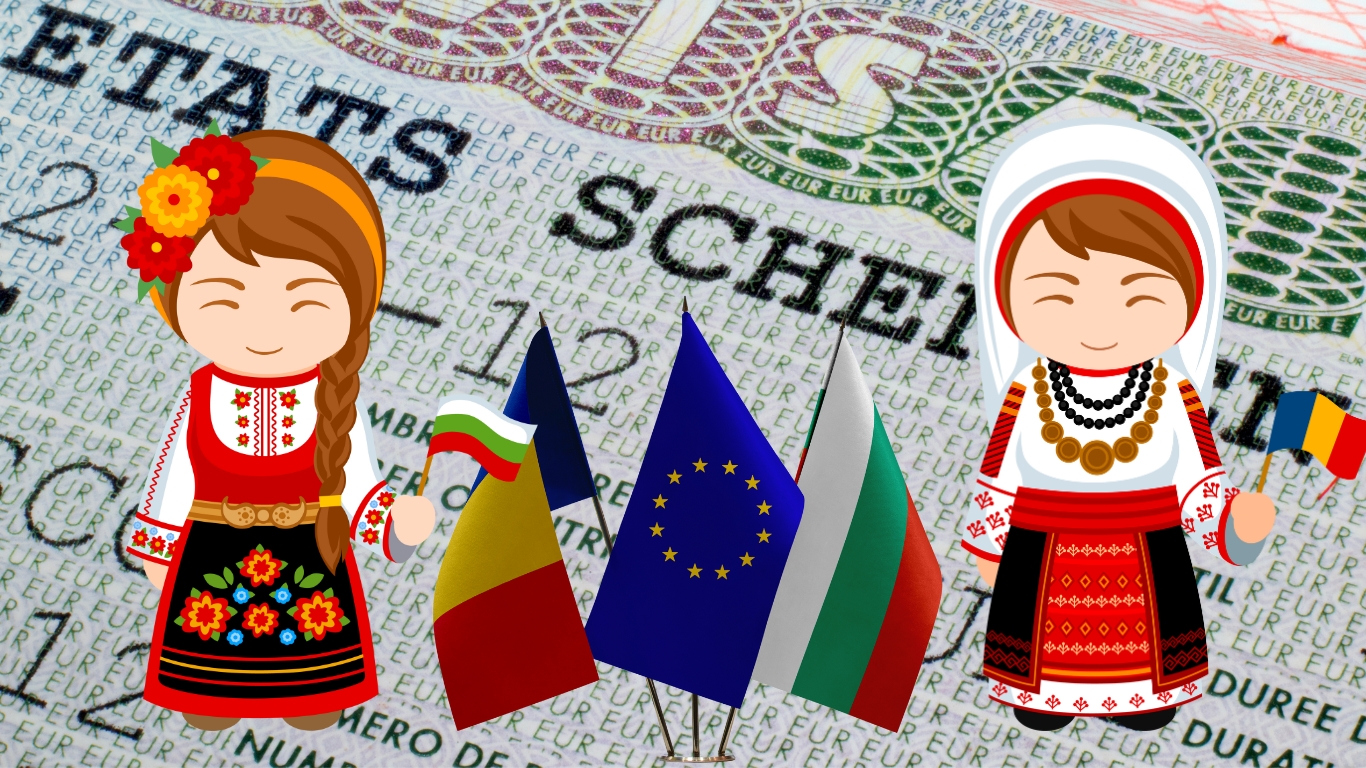In a landmark decision for European unity, Romania and Bulgaria officially joined the Schengen Area on January 1, 2025, marking the culmination of over a decade of negotiations and reforms. This move eliminates internal border controls with the two nations, granting their citizens and businesses the benefits of free movement across 29 countries within Europe.
The Path to Schengen Membership
The European Union’s approval on December 12 finalized a long-awaited chapter for Romania and Bulgaria, which began in 2011 when the European Commission declared them ready for accession. The decision followed years of perseverance through challenges, including opposition from Austria and the Netherlands over migration and governance concerns.
The lifting of border checks at air and sea points earlier in 2024 set the stage for the full integration, which now extends to land borders, ending cumbersome delays for millions of travelers and businesses alike.
Transformative Impact for Citizens and Businesses
For Romanians and Bulgarians, Schengen membership is more than a political milestone; it is a transformative change with tangible benefits:
Time Savings for Travelers: With border checks eliminated, the long waits at land crossings will become a thing of the past. Romanians and Bulgarians will enjoy seamless travel across the Schengen Area, fostering greater mobility and convenience.
Boost to Trade and Logistics: Businesses transporting goods across borders will no longer face hours—or even days—of delays, leading to significant savings in time and costs. This will enhance supply chain efficiency and competitiveness, benefiting exporters and importers alike.
Economic Growth and Tourism: Simplified travel is expected to increase cross-border tourism, encourage foreign investment, and stimulate economic activity in the region.
A United Europe
Joining the Schengen Area underscores the deepening integration within the European Union, reaffirming its commitment to a borderless continent. This development reflects the shared values of cooperation and inclusivity, especially significant as the Schengen Area now encompasses nearly 450 million people.
How This Benefits Romanians and Bulgarians
For Romania and Bulgaria, Schengen membership will address long-standing grievances over their exclusion from one of the EU‘s most celebrated achievements. Key benefits include:
Enhanced Mobility: Families and individuals traveling for work, leisure, or education will save time and avoid border inconveniences.
Economic Opportunities: Businesses will benefit from reduced logistical costs and improved market access, driving economic growth and job creation.
Regional Development: Enhanced connectivity is likely to attract foreign direct investment, further bolstering infrastructure and development in both countries.
Strengthened European Identity: Integration into the Schengen Area solidifies Romania and Bulgaria‘s roles as equal partners in the European Union.
Challenges Ahead
While Schengen membership is a significant milestone, challenges remain. Random document checks will continue for some time to address security concerns, and both nations must ensure robust measures to combat irregular migration and organized crime.
As Romania and Bulgaria embark on this new chapter, the broader European community stands to benefit from their full participation, strengthening the Schengen Area as a beacon of freedom and cooperation. For the citizens of both nations, this New Year marks the beginning of a more connected and prosperous future.
source link eu news


















